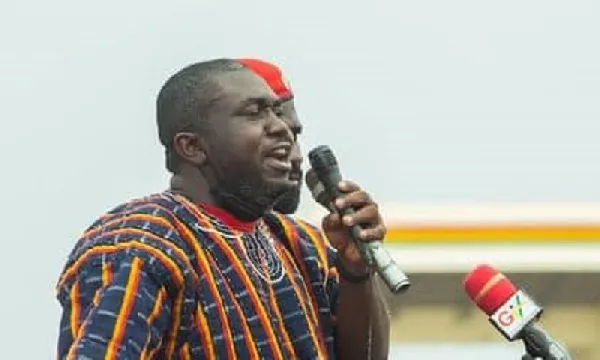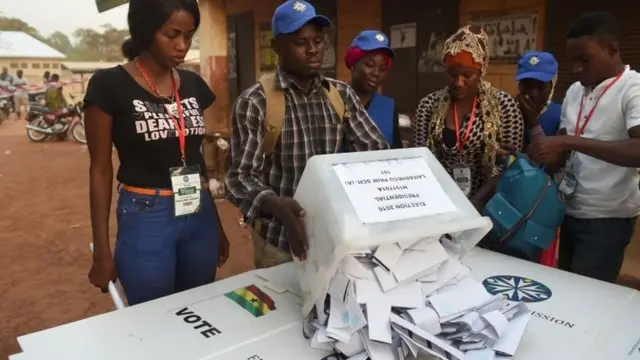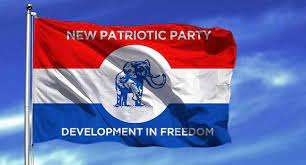Oliver Barker-Vormawor, a lawyer and social activist, has shared his perspective on the NPP’s attempt to seek a writ of mandamus, compelling the Electoral Commission (EC) to collate and declare parliamentary election results in certain constituencies.
Barker-Vormawor acknowledged that, typically, such an order would be unusual for a court to grant.
However, given the unpredictable nature of Ghanaian politics, he suggested that the outcome remains uncertain, urging observers to wait and see how the case develops.
“A mandamus is a court order that forces a public body or official to perform a duty they are legally obligated to carry out.
“However, courts do not simply grant mandamus because someone requests it. To succeed, the applicant must prove [that] The public body or official in question has a legal duty to perform the action being requested”.
Oliver Barker-Vormawor
He further explained that to succeed in obtaining a writ of mandamus, the applicant must demonstrate that the relevant body or official has either failed or refused to act within a reasonable time frame.
According to him, this failure to act must be so apparent that it can be concluded the body or official has effectively neglected their responsibility, thus justifying the need for the court’s intervention. “Put simply, mandamus is a legal tool used to get a court to force a public official to do their job when they are delaying or refusing to act”.

Barker-Vormawor emphasized that a writ of mandamus essentially calls on the judge to intervene, asserting, “You have a responsibility to carry out this action, and you must do it immediately.”
This legal tool forces the public official or body to fulfill their duty without further delay, ensuring that legal and administrative obligations are met promptly and effectively.
He indicated that it serves as a way to hold officials accountable for their inaction, compelling them to act in accordance with their responsibilities.
NPP’s Case for Mandamus Faces Setback With EC’s Progress
Moreover, Oliver Barker-Vormawor stated that for the NPP to succeed in their application for a writ of mandamus, the party must prove that the Electoral Commission has failed to collate or declare results in the disputed constituencies.
However, as Barker-Vormawor pointed out, this is not the case, since the EC has already made progress in the process.
Accordingly, the NPP’s challenge to compel the EC to act may not hold much ground, given the circumstances surrounding the case.

“Can Mandamus Overturn Completed Actions? No. If the EC has already declared results, and the NPP believes those declarations are unlawful or flawed, a mandamus application will not succeed.
“Mandamus is not used to challenge completed actions, even if you think they were done illegally. Mandamus corrects omissions – it does not overturn or invalidate acts already performed”.
Oliver Barker-Vormawor
Barker-Vormawor further emphasized that there has been no omission on the part of the EC.
According to him, the EC has already made declarations in all the constituencies at the heart of the dispute, refuting claims that the commission has failed to take necessary action. “In fact, this concession was taken as fact by the Supreme Court”.
He explained that the core issue lies in the belief held by both the EC and the NPP that some of the declarations made by the EC were flawed, thus necessitating new declarations.
However, Vormawor emphasized that whether one agrees with the EC’s decisions or not is secondary.
According to him, the critical point is that the EC cannot be accused of neglecting or failing to carry out the necessary actions of collating and declaring results in the disputed constituencies.
He reiterated that the EC has fulfilled this duty in all cases, despite the disagreements over the accuracy or fairness of the declarations.
Vormawor emphasized that this distinction is key to understanding the legal parameters of the NPP’s application for a writ of mandamus. “So, where does this leave the NPP’s mandamus application?”
READ ALSO: World Bank Eliminates Loan Fees to Aid Vulnerable Nations



















